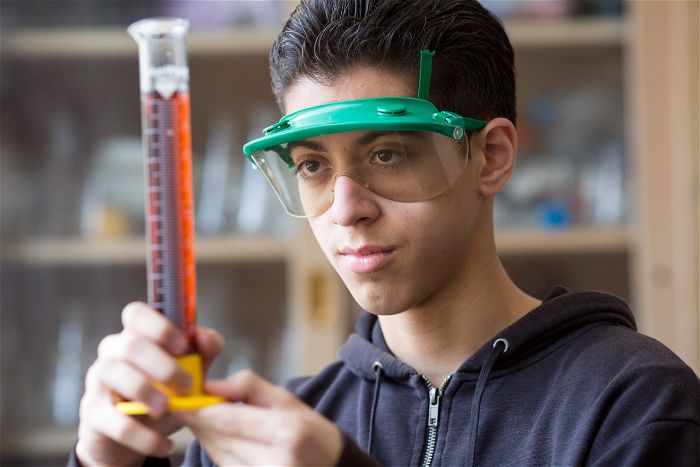High-quality, comprehensive, and timely information about what students know and can do is critical to ensuring that schools and families can prepare each and every student for success in school, college, careers, and life.
No single assessment or piece of student work can provide the robust information needed to inform teaching, learning, and supports, as well as public accountability and continuous improvement of education systems through families, policymakers, and other stakeholders.
A high-quality system of assessments can facilitate this by providing aligned and coherent information from a variety of assessments about students’ college and career readiness—maximizing efficiency while reducing duplication, in a timely and rich enough manner to inform instruction, student self-direction in learning, and accountability. State and district leaders at the forefront of designing, implementing, and overseeing assessment efforts can use these ten principles as guidance as they evolve the current array of assessments into a high-quality system of assessments.




